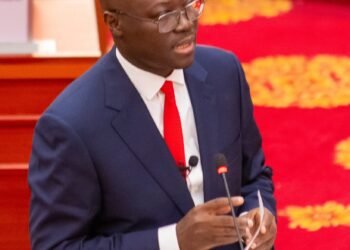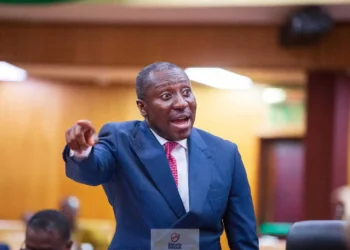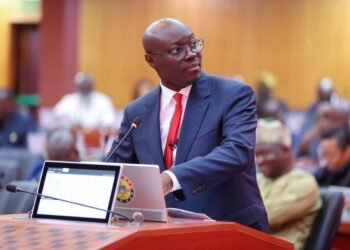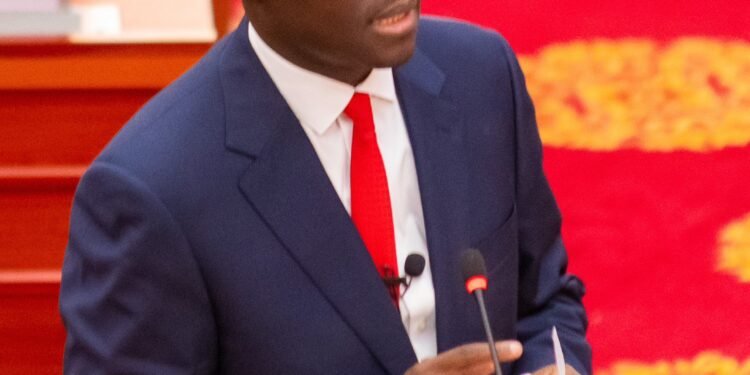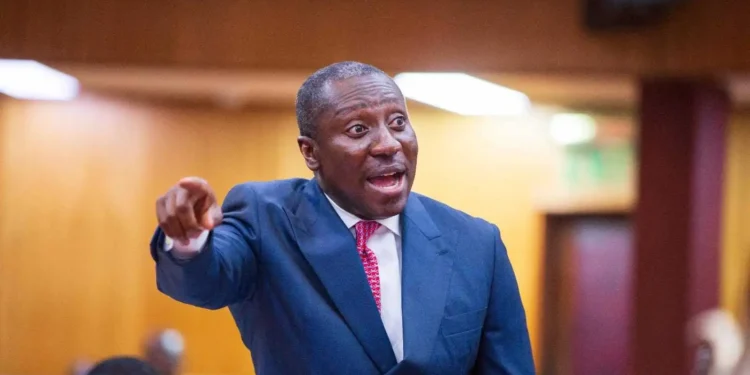In a significant ruling that has implications for land rights and industrial development in Ghana, the Tema High Court has dismissed an interlocutory injunction application brought against the Minerals Commission, the Ada District Assembly, and Electrochem Ghana Limited (EGL).
The plaintiffs, including Nene Amatey Korley Adegu II, the Chief of Aminapah; Nene Simon Odorkorteye, Acting Chief of Puteh; Nene Nartey Tsirapah, Acting Chief of Midie; and Nomo Akunyumu Akoto, Acting Chief of Kwalakpoyom, sought to restrain the defendants from forcefully evicting them and their subjects from their land pending the final determination of the suit.
“Thus, on this material condition of proof of a right which ought to be protected, I believe the plaintiff applicants have failed to establish that they have any legal or equitable right that ought to be protected according to law by this court,” The Judge said.
The Minerals Commission and EGL, supported by the Ada District Assembly, argued that the project was in compliance with all necessary legal requirements and environmental impact assessments. They contended that the elders’ concerns were addressed through the due process of law and that the project would bring significant economic benefits to the region.
The court, after considering the arguments and evidence presented by both sides, ruled that there was no sufficient basis to grant the injunction. The judge noted that while the concerns of the Terkperbiawe clan were legitimate, the legal framework governing mineral exploration and exploitation in Ghana had been followed. The court emphasized the importance of balancing the rights of indigenous communities with the need for economic development.
Background of the Case
The dispute centers around the Ada Songhor lands, a region rich in minerals and considered crucial for the economic development of the Ada area. The Terkperbiawe clan, represented by the four elders, argued that the proposed mining activities by EGL, a subsidiary of the Volta River Authority (VRA), would infringe upon their ancestral lands without proper compensation or consultation.
The elders’ application for an injunction sought to prevent any further actions related to the mining project until the court could fully adjudicate the matter. This included halting all activities that might lead to the displacement of the community or the degradation of their ancestral lands.
The dismissal of the injunction application marks a significant victory for the Minerals Commission, EGL, and the Ada District Assembly. It signals that the legal process for mineral exploration and exploitation in Ghana can proceed without undue interference from local disputes over land rights.
However, the ruling does not end the broader issues surrounding land rights and indigenous communities in Ghana. Advocates for indigenous peoples’ rights have called for greater protections and consultations in such cases, highlighting the need for a more nuanced approach to balancing economic development with cultural preservation.
“I am also of the opinion that the community will suffer in relation to the opportunities that the said project has in terms of development and the industrial nature of the project. Another point is that even if the court grants an injunction, there might be a further suspension of the legal rights of the 3rd defendant in terms of the relief endorsed on the writ, which seems to be in perpetuity. Thus, if it takes Parliament a long time to deliberate, the respondents must wait.”
Tema High Court Judge
The Terkperbiawe clan and their supporters may consider appealing the decision or exploring other legal avenues to protect their interests. Meanwhile, the Ada Songhor lands project will likely move forward, with EGL and the Minerals Commission continuing to navigate the complexities of mineral extraction in a region rich in natural resources.
This case underscores the ongoing challenges of reconciling industrial development with traditional land rights in Ghana, a country grappling with rapid economic growth and the preservation of its cultural heritage.
READ ALSO: ECOWAS Bank President Meets Finance Minister in Washington




